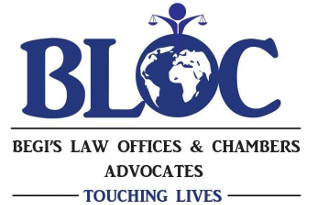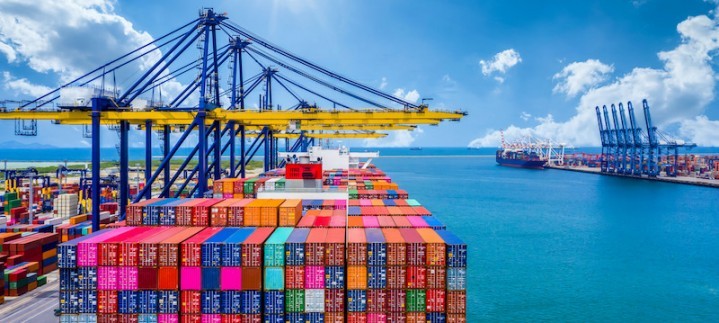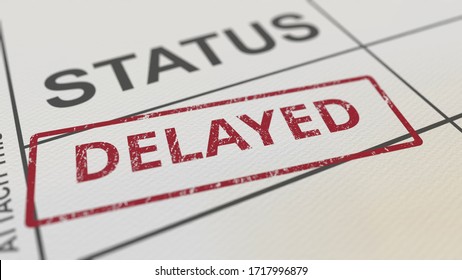CHALLENGES AT THE MOMBASA PORT AND HEFTY TAXES
INTRODUCTION

The Port of Mombasa is the gateway to Kenya, Uganda, Burundi, Rwanda, South Sudan and Tanzania. It is the heart of Kenya’s commercial and cultural connections to other Indian ports. The Mombasa port is the only deep-sea port in Kenya
Unfortunately, the celebrated port is faced with some challenges such as any other ports. They include; clearing and forwarding processes, poor education and training of clearing agents, poor pricing, lack of automation and just to mention a few.
THE DELAY OF PROCESS AT THE PORT
The above, causes great delay of goods at the port and slows down the economy at large. Categorically, the traders suffer immensely because the procedure is tiring and heavy on the pockets. The Management of KRA have been reviewing the process to ensure that goods are cleared on a timely basis but this has been inefficacious. Ideally, the process is supposed to take forty eight (48)hours but many complaints have indicated delay for a longer period of time of two weeks.
Additionally, the Customs and Excise department which is under KRA, has a significant role to play in the clearance of goods. Its role is simplifying clearance procedures to make it easy for the traders and the national economies. It has an influence on the efficiency of traders in meeting the expectations for better product quality, lower costs and faster delivery. Unfortunately, the delay in the process is by the few Custom Officers that serve many customers and corruption by both officers and clearing agents and the bureaucratic procedures in place.
HEFTY TAXES

Traders are expected to pay taxes on the imported goods before entering the dryland. The tax man is negatively influencing the economy by the hefty taxation imposed on the Imported goods. A good example would be if you import a Motor vehicle to Kenya, this can be one of the biggest headache. Recently, KRA conducted a Public Auction for over 300 Cars because the car owners were unable to raise money to clear their tax. Importers of the goods were given until the auction day to pay duty, ranging from Sh200,000 to millions which was obviously hard to raise. This is such an unfair process to importers and discourages the increase of importing goods to Kenya.
Paperwork is still a manual affair when it comes to importing a car. One has to have them physically shipped from the agent to you and then to a clearing and forwarding agent at the port. This is a time consuming process, as such documents should be in softcopy for ease.
Afterwards, one has 48 hours to clear the bill to avoid the steep parking fees. The games starts once you clear with KRA ,you again manually file with NTSA. Kenya is a digitized country and such practices should be done away with.
CONCLUSION

Since its KRA who authorizes one to operate as a clearing agent, it is the duty of the authority to ensure that they license people with credibility and proper knowledge of the clearing procedures and policies. This will greatly help in the easement of the process.
SECTIONAL PROPERTY: Long- Term Leases.



Pingback : CHALLENGES AT THE MOMBASA PORT AND HEFTY TAXES - Advocates.ke Insights